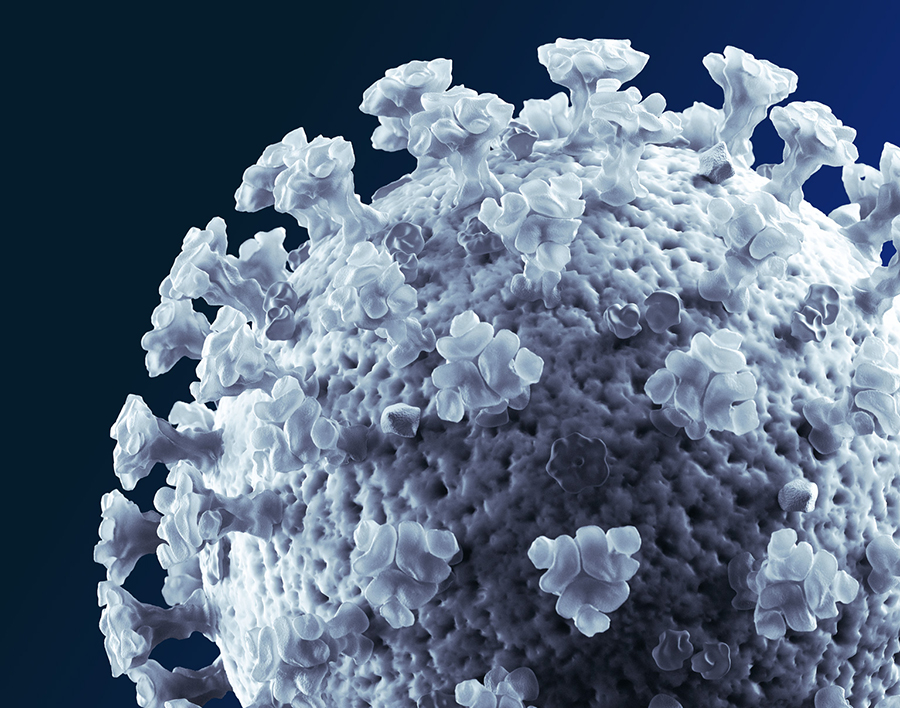The World Health Organization (WHO) has revealed that the coronavirus variant first identified in India last year was being classified as a variant of global concern and has been found in preliminary studies to spread more easily.
The B.1.617 variant is the fourth variant to be designated as being of global concern and requiring heightened tracking and analysis after the ones that were first detected in Britain, South Africa and Brazil.
This disclosure was made by the WHO Technical Lead on Covid-19, Maria Van Kerkhove, during a briefing on Monday, May 10, 2021.
Van Kerkhove said, “We are classifying this as a variant of concern at a global level. There is some available information to suggest increased transmissibility.”
READ: UK arrivals required to undergo 2 Covid tests in quarantine, as fears for new strains heighten
The WHO has said the predominant lineage of B.1.617 was first identified in India in December, although an earlier version was spotted in October 2020.
According to a report from Reuters, the variant has already spread to other countries, with many other nations moving to enforce restrictions or reduce the movement of passengers from India.
Van Kerkhove said more information about the variant and its three sub-lineages would be made available on Tuesday.
She said, “Even though there is increased transmissibility demonstrated by some preliminary studies, we need much more information about this virus variant and this lineage and all of the sub-lineages.’’
READ: IMF optimistic about global economy but warns new Covid variants could affect recovery
The WHO Chief Scientist, Soumya Swaminathan said studies were underway in India to determine the transmissibility of the variant, the severity of the disease it causes and the response of antibodies in people who have been vaccinated.
Swaminathan said, “What we know now is that the vaccines work, the diagnostics work, the same treatments that are used for the regular virus works, so there is really no need to change any of those.’’
What you should know
The latest Covid-19 variant, dubbed B.1.617, was first found in India and then in other countries around the world although it is still unclear how dangerous it is.
The number of new coronavirus infections has continued to rise sharply in India with deaths getting close to record daily highs on Monday, increasing calls for the government of Prime Minister Narendra Modi to lock down the world’s second-most populous country.
It is too early to say whether the new variant of the virus, B.1.617, is responsible for the rapid increase in infections, but it is being treated as a possible cause.
Nigeria, yesterday announced the reintroduction of restrictions and curfew as part of measures to curb the spread of the new Indian Covid-19 variant.
